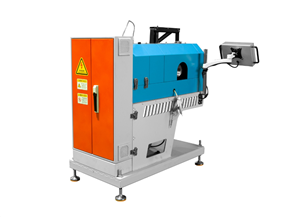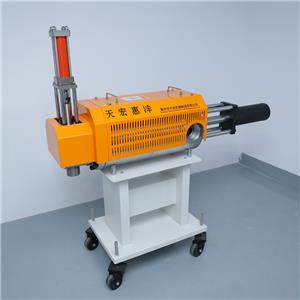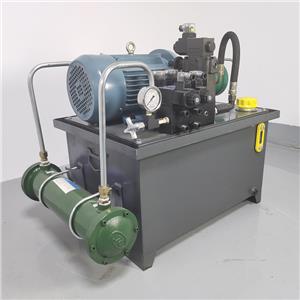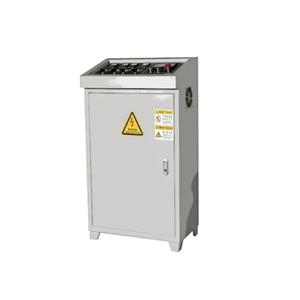Business Opportunities in Vietnam | The plastic recycling rate is only 33%, and digital transformation will be promoted within five years
As a popular destination for Chinese enterprises going global, what are the recent new developments in the plastic recycling industry in Vietnam? How will the Extended Producer Responsibility (EPR) system, which was implemented just last year, impact the plastic recycling industry there?
To gain an in-depth understanding of the current situation of the plastic recycling industry in Vietnam, AdsaleCPRJ.com recently conducted a special interview with Ms. Chu Thi Kim Thanh, Chief Operating Officer of the Vietnamese packaging recycling agency, which is a core executor of the Extended Producer Responsibility (EPR) system.
The full name of the Vietnamese packaging recycling agency is Packaging Recycling Organization Vietnam, abbreviated as "PRO Vietnam". It is committed to making Vietnam greener, cleaner and more beautiful through the circular economy model. PRO Vietnam currently has 31 member enterprises, including leading brands such as Suntory, Coca-Cola and Nestlé.
Key Points Overview
Vietnam consumes nearly 3.9 million tons of plastics every year, but its recycling rate is only 33%.
25% of the recycling production capacity is concentrated in "craft villages". The recycling and processing carried out by family workshops can only meet the demand for low-end applications of recycled plastics.
The Extended Producer Responsibility (EPR) system will play an important role in promoting the recycling of local waste plastics, investment in recycling infrastructure, and standardizing the recycling industry.
In the next five years, Vietnam will continue to promote the digital transformation of plastic recycling.
What role does EPR play in the transformation of the recycling industry in Vietnam?
Chu Thi Kim Thanh: The EPR system helps to drive Vietnam's transformation towards a more circular and sustainable economy. It advocates for more professional and sustainable comprehensive management of waste plastics and other waste.
Currently, Vietnam has a high consumption of plastics, but a low recycling rate. The country consumes approximately 3.9 million tons of plastics each year, mainly including PET, LDPE, HDPE, and PP.
It is worth noting that among the 3.9 million tons of plastics, only about 33% (approximately 1.28 million tons) are recycled, and the remaining 67% are discarded. However, most of the recycled raw materials come from imported waste plastics. Post-consumption plastics in the country are often contaminated with impurities. Due to the lack of an effective waste plastic sorting and collection system, it not only increases the processing cost of recycled plastics but also reduces the quality of recycled plastics.
Currently, more than 25% of Vietnam's plastic recycling capacity is concentrated in craft villages. There, most recycling activities are carried out in family workshops with poor supervision. Most of these informal facilities rely on outdated technology, resulting in environmental pollution and the recycled products produced can only meet the needs of the low-end market.
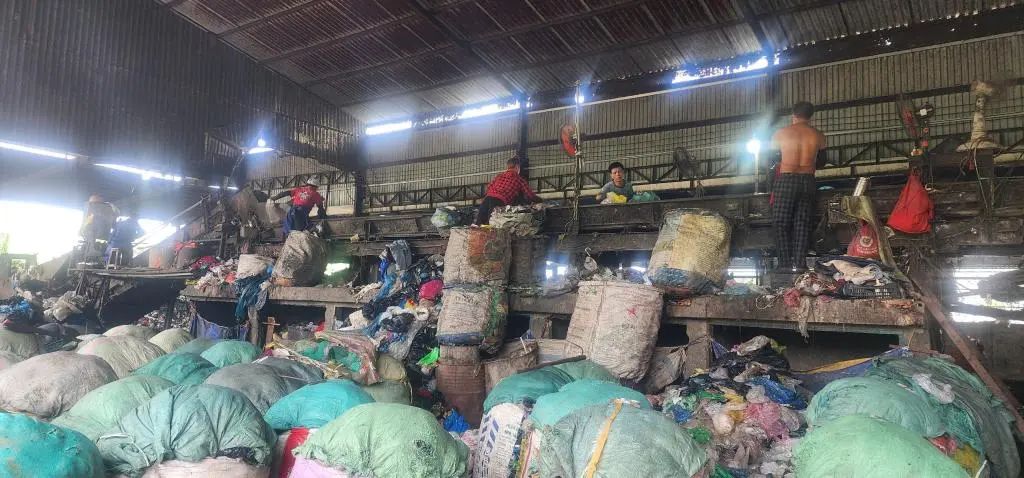
Against this backdrop, we believe that the implementation of EPR can play the following key roles:
Ensuring a stable supply of recyclable materials
EPR mandates that manufacturers and importers are responsible for the collection and recycling of post-consumption packaging. As a result, the recycling volume of domestic waste plastics will increase significantly, providing a stable and abundant source of raw materials for recycling facilities, and at the same time, reducing the dependence on imported waste plastics.
Promote investment in plastic recycling technologies and infrastructure
Due to the implementation of EPR, companies will need to cooperate with certified recycling entities. This will encourage recycling facilities to upgrade their operations and adopt advanced technologies, thereby improving the quality and value of recycled plastics in Vietnam.
Enhance the transparency and professionalism throughout the recycling value chain
The EPR framework stipulates clear reporting, monitoring and supervision mechanisms. These measures improve the transparency of the entire recycling process and contribute to the formalization of the industry. By reducing the dependence on informal and inefficient recycling practices, EPR helps to enhance environmental protection and economic benefits.
Provide development opportunities for informal entities
The implementation of the EPR mechanism offers opportunities to incorporate informal recycling entities into the formal management system through licensing, training, and technical support. EPR also presents opportunities to improve working conditions and ensure the rights of workers, with a particular focus on the female workforce working in informal factories.
What challenges will enterprises face in transitioning from "passive compliance" to "active innovation" under EPR?
Chu Thi Kim Thanh: As an organization implementing and supporting EPR, we regard the transition from "passive compliance" to "active innovation" as a strategic opportunity, but it is accompanied by several key challenges:
Policy challenges: There is a lack of timely and targeted policy mechanisms to motivate enterprises to innovate actively.
Infrastructure challenges: The infrastructure of waste sorting systems, collection networks, and recycling facilities is still underdeveloped and struggles to meet the growing needs of the recycling industry.
Resource constraints: Currently, most of the funds for development, innovation, and investment come from the private sector, and there is a lack of financial capacity for large-scale integrated projects.
What achievements has Packaging Recycling Organization Vietnam (PRO Vietnam) made in implementing Extended Producer Responsibility (EPR)?
Chu Thi Kim Thanh: We launched a pilot program for collecting and recycling various types of packaging as early as 2022. Within the first year of the official implementation of EPR, we have achieved several key milestones:
Successfully developed a collection/recycling model for hard-to-recycle materials. Standardized the recycling sector and cultivated its ability for long-term operation and innovation. Promoted the use of domestic recyclable materials, encouraged the use of recyclable waste from local sources, and improved the livelihoods of informal waste collectors through subsidies for waste collection.
What's your opinion on the digital transformation of plastic recycling?
Chu Thi Kim Thanh: The digital transformation is crucial for improving operational efficiency, ensuring traceability, and enhancing the transparency of the entire value chain of waste management. In the next five years, we will focus on promoting the digital transformation of recycling infrastructure and the recycling chain. We also plan to support our members in developing sustainable packaging solutions and implementing circular practices throughout the entire life cycle of packaging, from design to recycling.
In addition, Vietnam has a young, quick-learning, and adaptable workforce. Vietnam is fully capable of meeting the changing demands of the circular economy. We firmly believe that this talent pool will play a vital role in driving innovation and scaling up sustainable solutions in the coming years.
Source: AdsaleCPRJ

